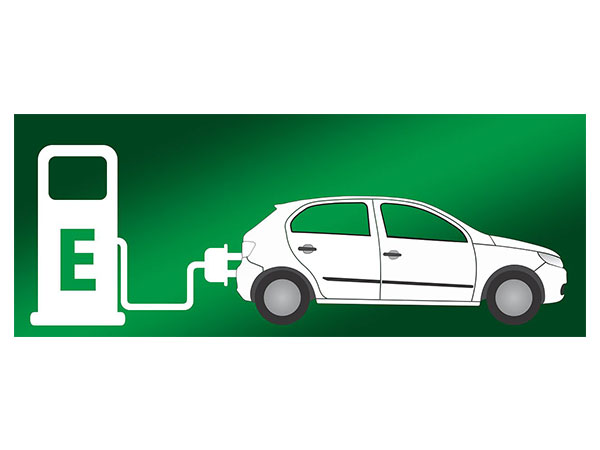China is reportedly planning to impose new export restrictions on technologies used for extracting essential minerals for the global electric vehicle (EV) industry, indicating a heightened tech rivalry with the United States. The proposed measures would target technologies related to lithium, gallium, and battery cathode production, crucial components for EV battery and semiconductor manufacturing. This move is seen as an expansion of China’s efforts to control materials vital for high-tech production, following a recent ban on key materials like gallium, germanium, and antimony to the US. Mao Ning, a spokesperson for China’s Foreign Ministry, emphasized that China implements fair export control measures.
The potential restrictions on lithium extraction technology could have significant consequences, as the demand for lithium, a key component in EV batteries, continues to rise. Liz Lee, an associate director at Counterpoint Research, suggested that this move would strengthen China’s position in the battery supply chain, making it more challenging for Western lithium producers to access Chinese technology. China already processes over 70% of the global lithium supply, and this new strategy aims to protect its market share and ensure a steady supply of lithium for its domestic battery supply chains. Adam Webb, head of battery raw materials at Benchmark Mineral Intelligence, noted that these proposed measures are intended to maintain China’s high market share and secure lithium chemical production.
The timing of China’s proposal, just before the inauguration of the Trump administration, is seen as a strategic move to gain leverage in the ongoing trade war. With the expected surge in global demand for EVs and lithium-ion batteries, China’s control over critical materials like lithium could have a significant impact. This development also complicates the expansion plans of Chinese EV companies like BYD and CATL on the global stage. Additionally, China has added 28 US companies, including defense contractors like Lockheed Martin and Raytheon, to its export control list, further highlighting the escalating geopolitical tensions surrounding trade in essential technology and materials.
As China continues to assert its dominance in the global supply chain, Western nations may be compelled to respond. The trade war between the US and China is reshaping the future of EV technology and global industries. China’s export restrictions on technologies used in mineral extraction for EV production signal a further escalation in its tech rivalry with the US. The proposed measures target crucial components like lithium, gallium, and battery cathode production, essential for EV battery and semiconductor manufacturing. These restrictions seek to strengthen China’s position in the global battery supply chain and protect its market share in lithium processing, a move that could have major implications for the EV industry. China’s strategic timing of these export controls, along with the inclusion of US companies on its export control list, underscores the growing tensions in international trade involving critical technology and materials.










